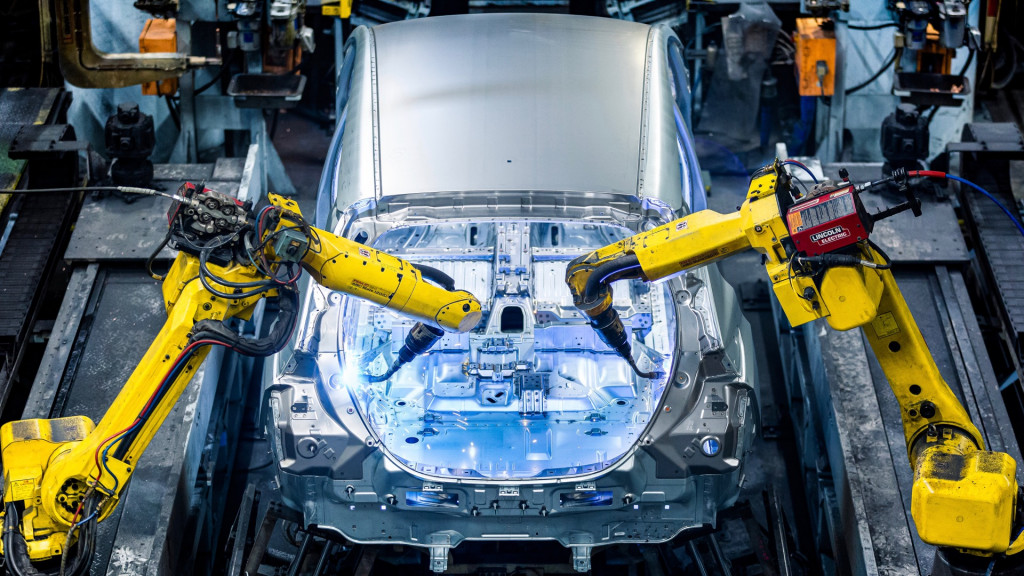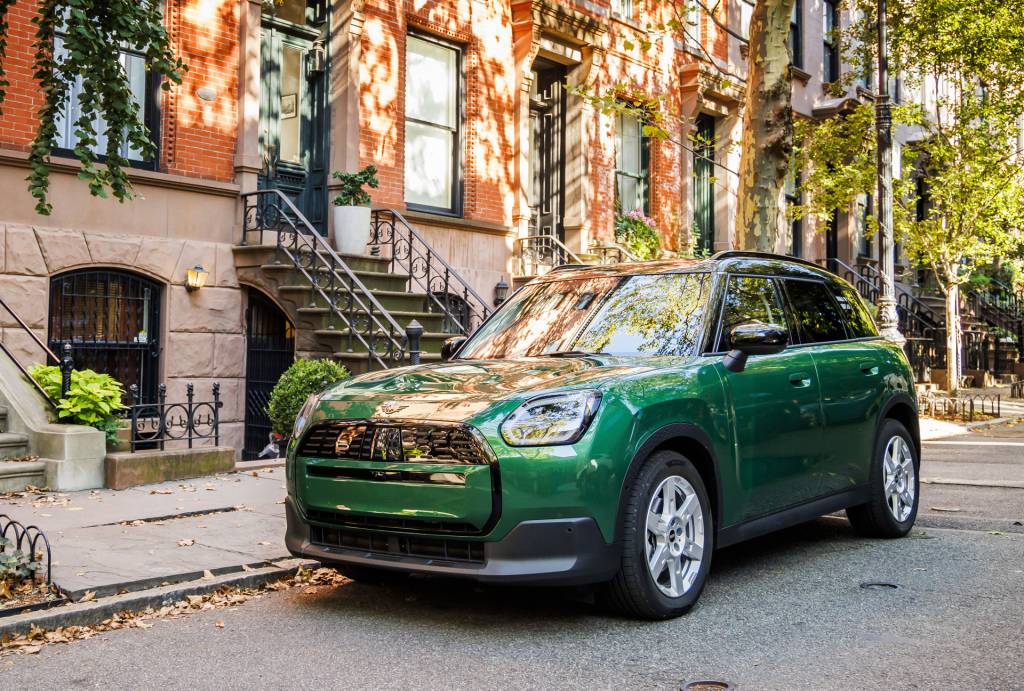The U.K. government on Wednesday said it would seek to delay a ban on the sale of gasoline and diesel cars that lack a charge port by five years—irritating both automakers and environmental groups.
In 2018, the U.K. introduced a Road to Zero program that would require 50% plug-in vehicles by 2030 and 100% by 2040. Then in 2019 it moved to tighten that rule, instead targeting 2035.
And just a year later in 2020, it pushed the commitment up yet again such that sales of most new gas and diesel models would end in 2030, with plug-in hybrids allowed until 2035. That drew the criticism of some automakers at the time.

The 500,000th Nissan Leaf
Now Prime Minister Rishi Sunak is changing the deadline for internal-combustion vehicle sales back to 2035, aligning with several European Union countries including Germany, France, Spain, Italy, Canada, and Sweden. And automakers still aren’t happy.
As CNN reports, automakers are now concerned that a delay of the EV mandate will upset future plans and put jobs at risk as U.K. auto manufacturing looks to rebound from a post-Brexit slump.
Car manufacturing hit a 66-year low in 2022, CNN notes, but big EV manufacturing projects had created some optimism. In July, India’s Tata Group—which owns Jaguar and Land Rover—announced a $4.9 billion U.K. battery factory. BMW last week announced a $743 million government-backed investment to build electric Minis in the U.K., while Stellantis started building EVs at its Ellesmere Port factory earlier this month.

2025 Mini Countryman Electric
Bloomberg reports that Sunak was cautioned against this move by senior U.K. government officials working on climate policy. According to the report, these unnamed officials argued that the U.K. should double down on climate initiatives and advocate for other countries to do the same, rather than “dilute” policies.
“This will crash the U.K.’s carbon budgets,” Richard Hebditch, U.K. director of climate group Transport & Environment said in a statement to Bloomberg. “The 2030 ban on the sale of new petrol and diesel vehicles, and the accompanying zero emissions vehicle mandate, is the biggest carbon cutting measure in the net zero strategy.” The U.K. aims to achieve net-zero carbon emissions by 2050.
While automakers would prefer greater regulatory consistency, a delay in the policy doesn’t have to change their plans. Stellantis confirmed to CNN that it’s sticking with a goal of 100% zero-emission new car and van sales in the U.K. by the end of the decade.

